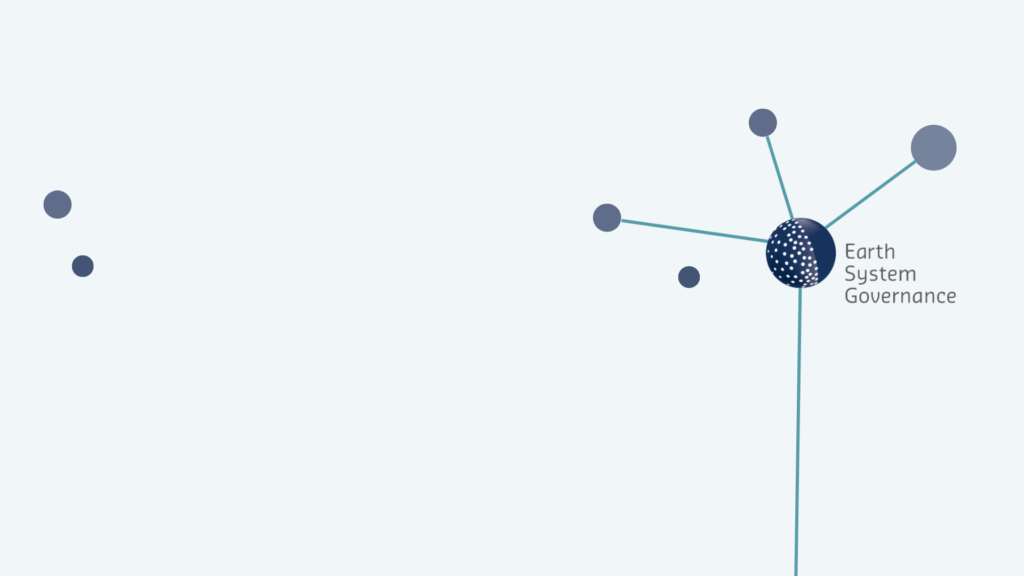“The achievement of sustainable development on a planetary scale requires a redoubled effort to attend to the needs of the Earth’s bottom billion. But in a world of 7 billion people, expected to increase to 9-10 billion in the coming decades, achieving sustainability will require redefining what many individuals and societies believe is the good life” – Policy Brief #1
As the Millennium Development Goals (MDGs) are coming to their end, the process of establishing their post-2015 successor is gaining more and more momentum. For the next 15 year period, the Sustainable Development Goals (SDGs) will be the main tool for achieving world-wide sustainability through addressing and incorporating the three pillars of sustainable development (economic, social and environmental) and their interlinkages.
To support the development of SDGs, three new policy briefs have been developed by UNU Institute for the Advanced Study of Sustainability (UNU-IAS), the Post2015 Project and the Earth System Governance Project. These policy briefs aim to provide the Open Working Group (OWG) for Sustainable Development with insights on how to best formulate and implement the Sustainable Development Goals (SDGs).
Policy Brief #1, ‘Earth System Challenges and a Multi-layered Approach for the Sustainable Development Goals’ argues for the importance of realizing that achieving sustainability does not only require combating poverty and other threats to human well-being, but also over-consumption and unsustainable lifestyles in wealthier societies. It suggests a multi-layered approach with SDG targets framed in global terms but also tailored to sub-global contexts when necessary.
Policy Brief #2, ‘Linking Education and Water in the Sustainable Development Goals’ is an application of Policy Brief #1, where it is argued that education is highly connected to potential progress on water-related sustainability challenges.
Policy Brief #3, ‘Integrating Governance into the Sustainable Development Goals’, picks up where Policy Brief #1 left off, digging deeper into the question about how to integrate not just governance, but all aspects of it: good, effective and equitable governance. Creating a stand-alone goal on governance is argued to provide a better opportunity for taking all three aspects of governance into account, but it also risks that efforts to achieve ‘good’ governance overshadow the other two. Integrating governance into all issue-specific SDGs instead, provides a reversed scenario; it may open space for the creation of well-tailored targets that advance certain aspects of governance, but such progress will be less comprehensive.
The Policy Briefs #1 and #3 stem from the International Workshop on Governance of and for Sustainable Development Goals. The workshop brought together international scholars and practitioners with expertise on global environmental governance to discuss key questions relating to the governance of, and for, the post-2015 development agenda.
The policy briefs were officially released at the policy forum: ‘Governance’, ‘Education’ and the Architecture of the Sustainable Development Goals, held 22 May 2014, in New York and co-organized by UNU-IAS and the POST2015 Project (hosted by Tokyo Institute of Technology). This effort has been unique in its focus on governance of and for the SDGs, and gives important insight on both how complex and important the question is, and how to continue. Hopefully these three policy briefs, and more briefs to follow in the series, will contribute to a stronger, more differentiated and informed focus on governance in the post-2015 development agenda.


